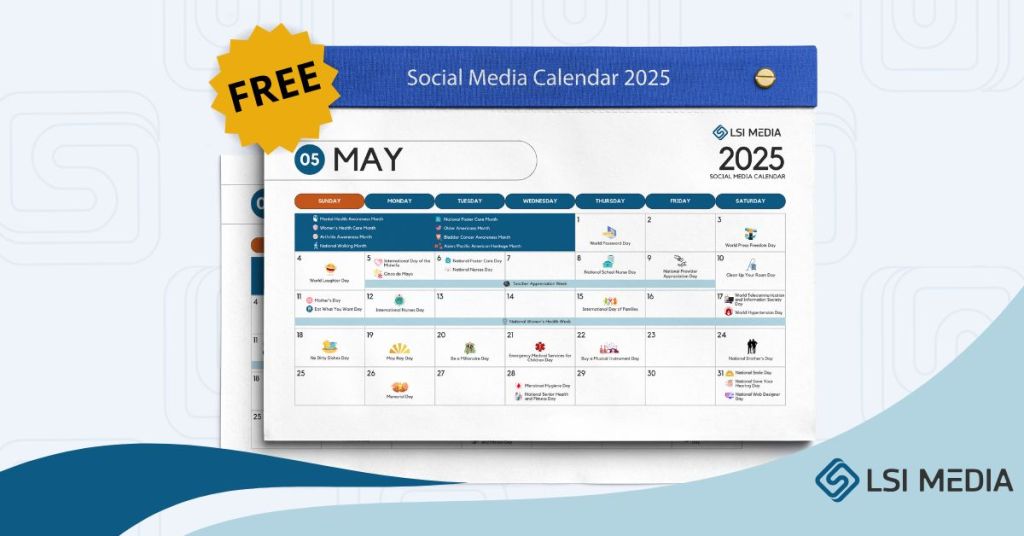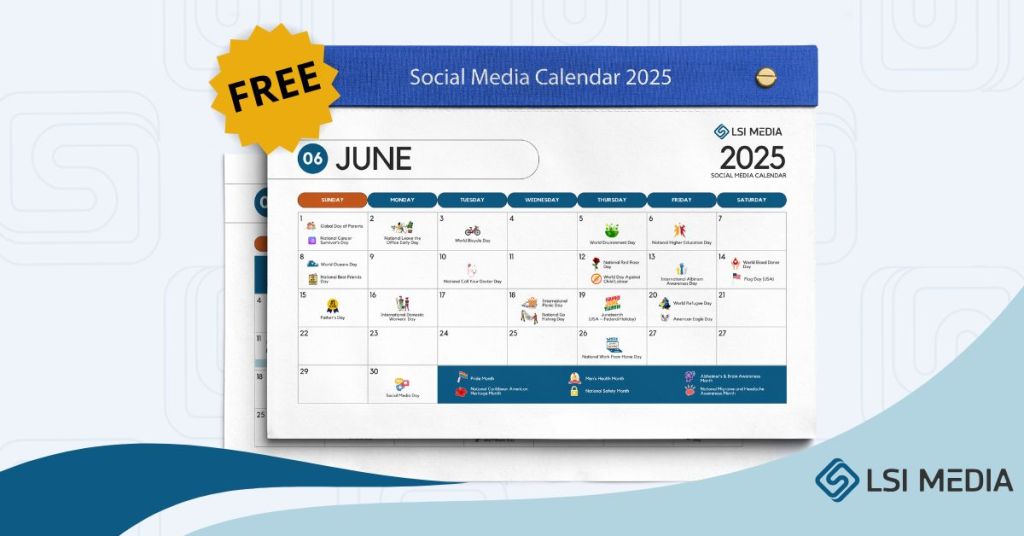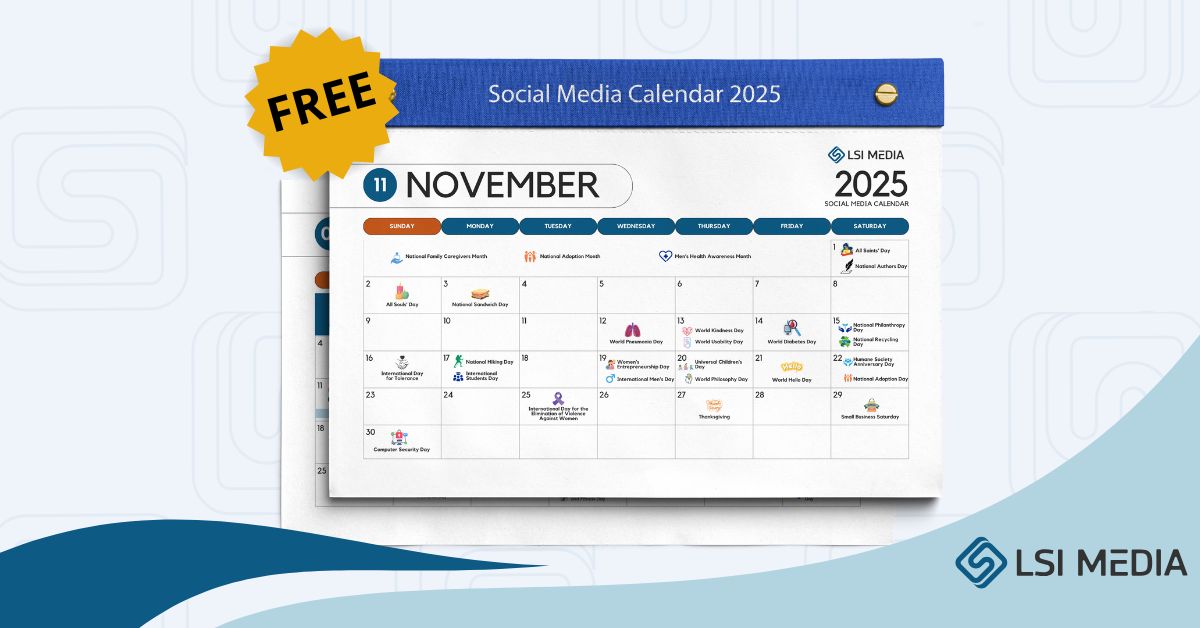
Do you want to grow your business in today’s competitive market? Digital marketing provides powerful tools to reach your target audience and boost your brand visibility.
This guide will walk you through proven strategies that drive results. You’ll learn how to create campaigns that connect with customers and generate real business growth through digital marketing.
Ready to transform your online presence? Let’s explore digital media and how it can benefit your products and services.
Understanding Digital Marketing
Digital marketing is changing how businesses talk to customers. Let’s look at what it is, how it has changed over time, and why it matters for your business growth.
Digital marketing is the use of all marketing activities that leverage the internet or electronic devices. While traditional marketing channels rely on billboards and print ads, digital marketing connects you with customers where they already spend time—online.
Digital marketing promotes your offerings through online channels. It’s different from old-school marketing because it focuses on reaching people through digital platforms, websites, social media, and email—places where most people spend their day.
The Evolution of Digital Marketing
The explosion of digital technologies has transformed marketing dramatically over the last ten years. It started with simple banner ads, but now includes many types of targeted campaigns across different platforms.
Internet marketing began in the 1990s with basic websites and ads. When digital tools took off in the 2000s, we got search engines and the first social media sites.
Today’s digital marketing uses data, AI tools, and personalization to send the right marketing messages to the right people at the right time. Marketing in general works better now because we can tailor it to each person.
Why Digital Marketing is Crucial for Businesses?
Digital marketers often highlight how digital marketing lets you reach people anywhere in the world. With a good plan, even small businesses can find customers globally.
One of the main benefits of digital marketing is that it costs less than traditional approaches. TV ads and print campaigns are expensive. Digital marketing uses can often bring better results with smaller budgets.
The cost is usually lower than that of traditional marketing channels, but you get better targeting and can measure your results clearly. This helps you know exactly what you’re getting for your marketing tool investment.
Digital Marketing Channels
Knowing about different marketing channels helps you choose the right ones for your business. Each channel has its own strengths and works best when used in conjunction with others.
Which Online Marketing Channels Should You Use?
The best marketing channels depend on what you want to achieve, who you want to reach, and what you can afford. Business-to-business companies often use LinkedIn and email well. Consumer brands might do better on Instagram, TikTok, and with influencers.
Your digital strategy should use both channels you own (your website, email list) and outside platforms (social media, search engines). This mix creates many ways for customers to find and connect with you.
Search Engines as Marketing Channels
Search engine marketing is one of the strongest forms of digital marketing. When people look for answers to their problems, showing up at the top of results puts you in front of ready-to-buy prospects.
Google handles billions of daily searches, making search engines key digital marketing channels for businesses. Both free SEO efforts and paid search ads help you get this valuable traffic.
Social Media as Marketing Channels
Social media marketing has changed how brands talk to customers. These platforms let you chat directly with users, build communities, and run highly targeted ads based on user data.
Each social platform plays a different role in your digital marketing efforts. Facebook reaches lots of people with precise ad targeting. Instagram works well for sharing photos and videos. LinkedIn helps B2B businesses connect with decision-makers.
When used together, marketing and social media boost each other. The trick is to share helpful content first instead of constantly pushing sales messages.
Email as a Marketing Channel
Email marketing brings the highest return on investment of all digital marketing channels, making it a must for most businesses. This direct connection lets you send personal messages to customers throughout their buying journey.
Unlike social media, where algorithms can hide your posts, email marketing puts you in your audience’s inbox. This direct line makes it great for nurturing leads and building loyal customers.
Mobile as a Marketing Channel
Mobile marketing is now vital as more people use smartphones every day. This form of digital marketing includes text messages, apps, location-based offers, and websites that work well on phones.
Most people now browse the internet on their phones, so all digital marketing efforts must work well on mobile devices. Your site must look good on small screens, load quickly, and be easy to use with just your thumb.
Core Digital Marketing Strategies
With a strong foundation in digital marketing concepts, it’s time to explore the specific strategies that drive success. Each approach serves unique purposes within your marketing plan and works best when integrated with other tactics.
Search Engine Optimization (SEO)
At its core, SEO helps your website rank higher in search results. When users search for terms related to your business, strong SEO practices help them find you instead of competitors.
SEO is a form of internet marketing that focuses on organic (non-paid) visibility in search engines. It requires both technical expertise and content strategy to succeed.
Effective SEO requires:
- 1
Keyword research
- 2
Quality content creation
- 3
Website performance optimization
- 4
Backlink building
Content Marketing
Content marketing focuses on creating valuable material that attracts and engages your target audience. Blog posts, videos, podcasts, and infographics build trust by providing helpful information rather than just selling.
Content marketing aims to establish your brand as an authority in your field. By consistently delivering helpful content, you can create a relationship with potential customers before they make a purchase.
Content marketing to PPC represents two ends of the digital marketing spectrum—one building long-term relationships while the other drives immediate traffic. Using both creates a balanced approach to customer acquisition.
Social Media Marketing
Social media marketing involves using platforms like Facebook, Instagram, LinkedIn, and Twitter to connect with your audience. Each platform serves different purposes and reaches different demographics.
Effective social media marketing goes beyond posting product information. It creates conversations, builds communities, and showcases your brand personality.
Social platforms’ interactive nature allows for direct engagement with customers, making them a vital form of digital marketing for building relationships.
Pay-Per-Click (PPC) Advertising
PPC advertising lets you place ads on search engines and websites, paying only when users click on your ad. This digital marketing approach delivers immediate visibility and targeted traffic.
PPC is a form of digital marketing that offers precise targeting capabilities. You can control exactly who sees your ads based on keywords, interests, demographics, and online behavior.
With proper management, PPC can be one of the most effective marketing techniques for driving qualified leads.
Email Marketing
Email marketing remains incredibly effective despite being one of the oldest digital marketing channels. It allows direct communication with prospects and customers who have already shown interest in your business.
Email marketing is a form of direct marketing that delivers personalized messages straight to users’ inboxes. It serves multiple functions, from lead nurturing to customer retention.
Modern email marketing uses segmentation and personalization to deliver relevant messages based on user behavior and preferences.
Affiliate Marketing
Affiliate marketing creates partnerships where others promote your product or service for a commission on sales. This performance-based approach ensures you pay for actual results rather than just exposure.
As a subset of digital marketing, affiliate marketing leverages other people’s audiences to extend your reach. Partners promote your offerings to their followers, receiving a percentage of sales.
This marketing strategy works particularly well for e-commerce businesses and digital products with good profit margins.
Influencer Marketing
Influencer marketing leverages the trust and following that content creators have built with their audiences. When influencers recommend your products, their followers are more likely to trust those recommendations.
This form of digital marketing has grown alongside social media platforms. Micro-influencers with smaller but highly engaged audiences often deliver better ROI than celebrities with millions of followers.
Inbound Marketing
Inbound marketing attracts customers by creating valuable content and experiences tailored to them. Unlike outbound marketing that interrupts audiences with unwanted messages, inbound marketing draws people in when they’re already looking for solutions.
This digital marketing approach focuses on earning attention rather than buying it. You build trust and establish authority in your field by addressing customer problems and questions through helpful content.
Digital Marketing Skills
Digital marketing success requires developing skills that combine technical knowledge, creativity, and analytical thinking. Building these marketing skills helps you create more effective campaigns and advance your career.
Essential Digital Marketing Skills
Digital marketing skills span multiple disciplines from writing and design to data analysis and technical SEO. The most successful digital marketers develop capabilities across several areas while specializing in one or two core competencies.
Content creation remains fundamental to digital marketing. Writing compelling copy, creating engaging videos, and designing attractive graphics all contribute to campaign success.
Data analysis allows marketers to measure results and optimize campaigns. Understanding metrics and drawing actionable insights from analytics platforms helps you improve performance continuously.
How to Become a Digital Marketer
Becoming a digital marketer requires both education and practical experience. Many professionals start with a digital marketing certification to learn fundamentals before specializing in specific areas.
Organizations like the American Marketing Association offer training programs that teach core concepts and best practices. Online learning platforms provide courses on everything from SEO to social media marketing.
The best digital marketing courses combine theory with practical application. Look for programs that include real-world projects and case studies rather than just lectures.
Marketing Analytics
Marketing analytics forms the backbone of successful digital marketing. Without data to guide decisions, campaigns rely on guesswork rather than evidence.
Digital marketing analytics tools track everything from website visits to conversion rates, providing insights into what works and doesn’t. Google Analytics remains the foundation, but specialized tools offer deeper insights for specific channels.
Learning to use digital marketing analytics effectively means going beyond surface metrics like page views. Understanding user behavior, conversion funnels, and attribution models helps you optimize campaigns for better results.
Advanced Digital Marketing Tactics
Once you’ve mastered the core strategies, you can enhance your digital marketing with advanced approaches. These tactics build on your foundation to create more sophisticated and effective marketing systems that drive better results with less manual effort.
Marketing Automation & AI Tools
Marketing automation tools streamline repetitive tasks like email campaigns, social media posting, and lead nurturing. This lets digital marketers focus on strategy rather than manual execution.
When using digital automation tools, start with clear goals and customer journeys. Map out triggers, conditions, and actions that guide prospects toward conversion without feeling impersonal.
AI-powered systems analyze customer data to predict behavior and personalize experiences at scale. These technologies have transformed digital marketing by making one-to-one communication possible even with large audiences.
Conversion Rate Optimization (CRO)
CRO focuses on increasing the percentage of website visitors who take desired actions. This type of marketing strategy involves systematic testing and improvement of user experience.
Digital marketing techniques for CRO include:
- 1
A/B testing different elements
- 2
Improving user experience
- 3
Optimizing landing pages
- 4
Streamlining checkout processes
Omnichannel Marketing Strategies
Omnichannel marketing creates seamless experiences across all customer touchpoints. Whether someone interacts with your brand on social media, your website, or in a physical store, the experience feels connected.
This approach recognizes that customers move between digital channels and expects brands to maintain context throughout their journey.
Traditional and digital marketing channels both play important roles in omnichannel strategies. The key is consistent messaging and data sharing between online and offline touchpoints.
Digital Marketing for Different Business Types
Digital marketing strategies vary based on business models, industries, and goals. Understanding how to adapt digital marketing approaches to your situation significantly improves results.
Digital Marketing for Small Businesses
Despite limited budgets, small businesses can use digital marketing to compete with larger companies. Focus on local SEO to reach nearby customers searching for your products or services.
Social media marketing helps small businesses build community connections without major investments, while email marketing nurtures existing customer relationships for repeat business.
Unlike enterprise marketing efforts that might require large teams and budgets, small business digital marketing works best when focused on a few high-impact channels rather than trying to be everywhere.
B2B Digital Marketing
B2B digital marketing differs from consumer-focused approaches in several ways. Longer sales cycles require nurturing content at each stage of the decision process, and multiple stakeholders need different information based on their roles.
LinkedIn stands out as a crucial B2B digital marketing channel for reaching decision-makers. Content marketing focusing on industry expertise and thought leadership builds credibility with business buyers.
Email marketing and marketing automation play vital roles in B2B lead nurturing. They deliver relevant content based on prospect engagement and sales stage.
E-commerce Digital Marketing
E-commerce businesses rely heavily on digital marketing channels to drive traffic and sales. Product-focused content marketing effectively showcases features and benefits.
Social media marketing with shoppable posts creates frictionless paths to purchase. Email marketing recovers abandoned carts and promotes repeat purchases through personalized recommendations.
Digital marketing allows e-commerce stores to reach global markets with targeted campaigns highlighting relevant products and offers to specific customer segments.
Measuring Digital Marketing Success
With strategies in place, you need ways to track your progress and measure results. Effective measurement helps you identify what’s working, what needs improvement, and where to allocate your budget for maximum impact.
Digital Marketing Challenges and Solutions
Digital marketing creates tremendous opportunities but also presents unique challenges. Understanding common obstacles and how to overcome them helps you implement more effective strategies.
Digital Marketing Best Practices
Following proven best practices helps you implement effective digital marketing even as specific tactics evolve. These fundamental principles guide successful digital marketing regardless of industry or business size.





















